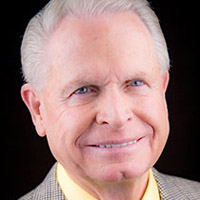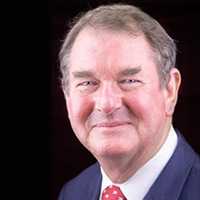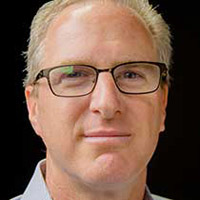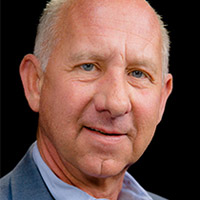Why Is Integrity So Important for Building Trust?

One of the greatest attributes a business can have is trust. Trust is so important between a company and its customers, as well as between the leaders of a company and the rest of the staff right on down the line. Trust can take a long time to build, but it can be lost in no time at all. One really bad decision can crush all the trust a company has built up with its customers or a company leader has built with his or her employees. That’s why one of the key elements to building trust is integrity.
Joel Peterson – A Lesson in Integrity
I recently spent some time speaking with Joel Peterson, Chairman of JetBlue, founder of Peterson Partners and author of The 10 Laws of Trust. Joel knows a thing or two about building trust. He has enjoyed many years of success in capital investments in several industries. He currently teaches Entrepreneurial Management at Stanford’s Graduate School of Business and serves as a Director of Franklin Covey. Joel also previously served as Managing Partner of Trammell Crow Company and he earned an MBA from Harvard Business School. I asked Joel why is integrity important when it comes to building Trust?
Integrity Is The First Law of Trust
Joel said that the first law of trust is integrity. “I think it’s very tough to build a high trust organization without the leadership having integrity.” Joel then explained that there are actually two kinds of integrity. “One is people do what they say they’ll do; there’s not a gap between what they say and what they do. The second kind is not compartmentalizing your life. It’s very tough to have integrity at work if you don’t have integrity in your personal life.” Joel noted that people can tell when others try to pretend that they have integrity at work but don’t have any integrity in their personal life. “If you want to build a high trust organization, it starts with the leaders having integrity.” If there is hypocrisy, there can’t be any trust.
Integrity in Times of Stress
I also talked with Joel about his experience as a leader and how he has seen firsthand the need for integrity within the organizations he has led or for which he has served as a board member. I asked him to share some situations where having integrity has really helped to establish some important decisions he has had to make. According to Joel, integrity helps the most when things get stressful. When everything is going well everyone feels good and trust is high. However, when things get tough and you are forced to do all the hard things that it takes to make a business work, that is when the trust that people have in you will help you get through those hard times. That’s why it’s so key for the leaders of an organization to have integrity.
To see my interview with Joel Peterson click here
For more on this type of topic click here
Doing the Tough Things First | Ray Zinn
About Ray Zinn Ray Zinn is a co-founder of the Company Micrel and has been its President, Chief Executive Officer and Chairman of its Board of Directors since the Company’s inception in 1978. As our Chief Executive Officer, Mr. Zinn gives the Board of Directors insight and in-depth knowledge of the semiconductor industry and…
Todays China | Nicholas Hope
About Nicholas Hope Nicholas Hope is the Director of the Stanford Center for International Development (SCID). He also directs SCID’s China research program. His current research is private enterprise development in China and progress of reforms in China, especially in the financial sector. His interests are in East Asian economies, especially China and Indonesia,…
Why Are True Leaders Rare? | Jonathan Coslet
About Jonathan Coslet Jonathan Coslet has been with TPG Capital since it started in 1993. Currently he is the firm’s Chief Investment Officer and serves on TPG’s Executive Committee. Jonathan graduated Valedictorian from the Wharton School of Business where he received his Bachelor’s of Science in Economics and Finance. He received his MBA from…
Silicon Valley’s Bubble- What Happens When It Bursts? | Montgomery Kersten
About Montgomery (Monty) Kersten Montgomery Kersten serves development-stage companies as an independent board member, investor and advisor. Mr. Kersten was the co-founder & CEO of VitalSigns Software (later acquired), and serves as the independent board member of Silicon Valley private companies. He has worked for 35 years as an executive in sales, marketing, business…




